society (Page 57)
“Operation Yellow Chalk” is making waves for how incredibly simple yet effective it is at getting people to pick up after their pet.
Ueno Zoo reminds youths that they don’t need anyone’s permission to run away from a dangerous situation.
”Ladies floor” implies that men should park their cars elsewhere.
Recent request for better idol singer fan hygiene prompts preparation of nearly 50,000 body wipe sheets.
Smelly handshake event prompts frank discussion and suggested solutions for common problem at idol appearances.
Japan’s shared baths also mean shared changing rooms, so do women also take in the view of bras and panties?
Respondents sound off on the big differences caused by having a small chest.
There are ups and downs aplenty when you’re a person who likes to be alone but have plans to see people you like.
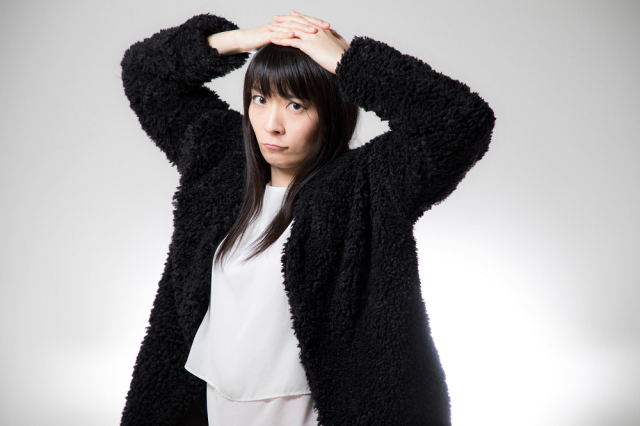
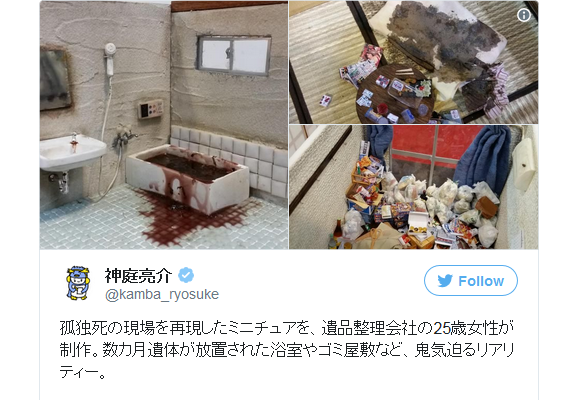


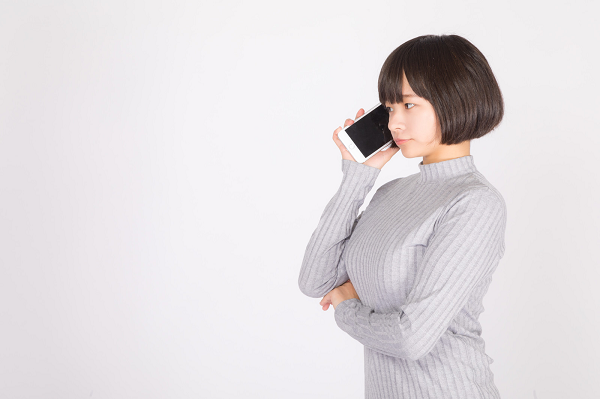
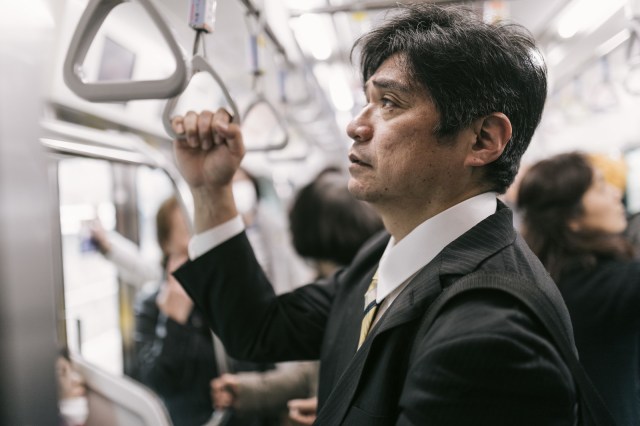
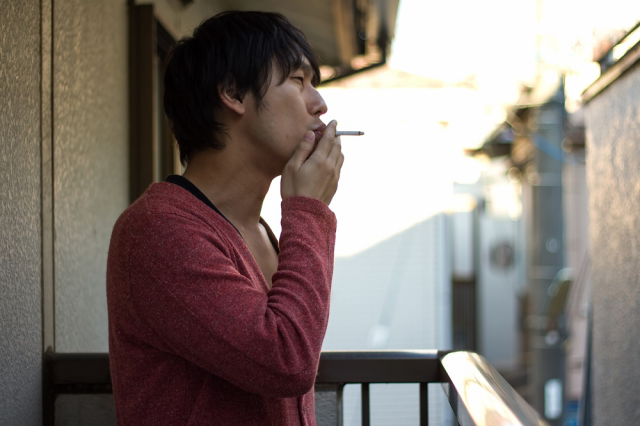

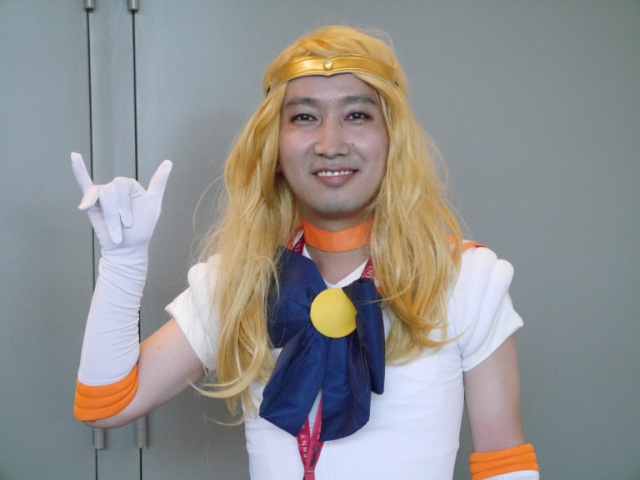
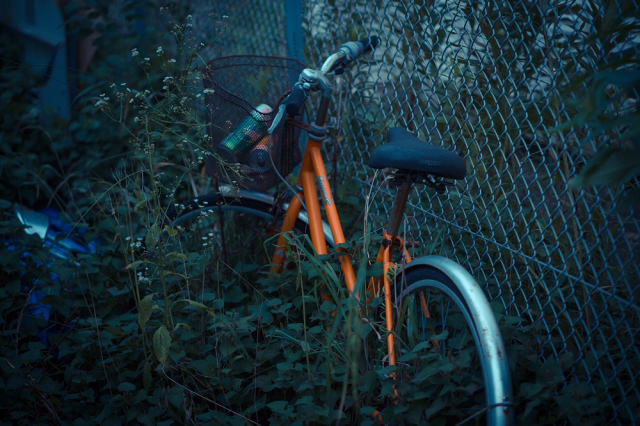
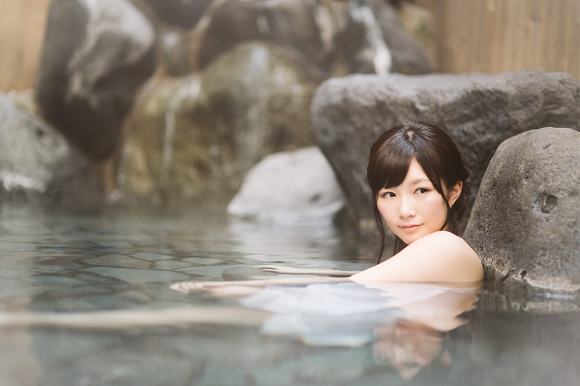

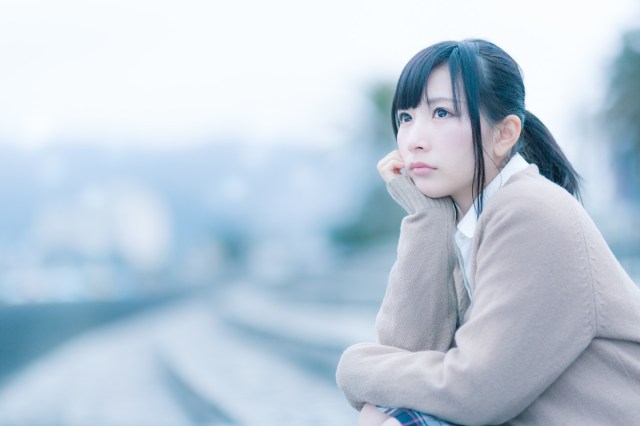


 Starbucks Japan releases new sakura goods and drinkware for cherry blossom season 2026
Starbucks Japan releases new sakura goods and drinkware for cherry blossom season 2026 Super-salty pizza sends six kids to the hospital in Japan, linguistics blamed
Super-salty pizza sends six kids to the hospital in Japan, linguistics blamed Foreign tourists in Japan will get free Shinkansen tickets to promote regional tourism
Foreign tourists in Japan will get free Shinkansen tickets to promote regional tourism Starbucks Japan unveils new sakura Frappuccino for cherry blossom season 2026
Starbucks Japan unveils new sakura Frappuccino for cherry blossom season 2026 Can you eat lunch in Tokyo for less than 500 yen?
Can you eat lunch in Tokyo for less than 500 yen? Room 404: What happened when we stayed in an unlucky hotel room in Japan
Room 404: What happened when we stayed in an unlucky hotel room in Japan Take a trip to Japan’s Dododo Land, the most irritating place on Earth
Take a trip to Japan’s Dododo Land, the most irritating place on Earth Foreigners accounting for over 80 percent of off-course skiers needing rescue in Japan’s Hokkaido
Foreigners accounting for over 80 percent of off-course skiers needing rescue in Japan’s Hokkaido Sanrio changes Hello Kitty lead designer for first time in 46 years
Sanrio changes Hello Kitty lead designer for first time in 46 years Elderly Japan man arrested for stealing toilet, using it in his home for three months
Elderly Japan man arrested for stealing toilet, using it in his home for three months Japan’s newest Shinkansen has no seats…or passengers [Video]
Japan’s newest Shinkansen has no seats…or passengers [Video] Downloads of 39-year-old Guns N’ Roses song increase 12,166 percent thanks to Gundam
Downloads of 39-year-old Guns N’ Roses song increase 12,166 percent thanks to Gundam Is China’s don’t-go-to-Japan warning affecting the lines at a popular Tokyo gyukatsu restaurant?
Is China’s don’t-go-to-Japan warning affecting the lines at a popular Tokyo gyukatsu restaurant? A look back on 40 years of Japanese schools banning stuff
A look back on 40 years of Japanese schools banning stuff New Family Mart cinema opens inside Japanese airport
New Family Mart cinema opens inside Japanese airport Man arrested in Japan after leaving car in coin parking lot for six years, racking up three-million-yen bill
Man arrested in Japan after leaving car in coin parking lot for six years, racking up three-million-yen bill Starbucks Japan releases new drinkware and goods for Valentine’s Day
Starbucks Japan releases new drinkware and goods for Valentine’s Day Japan releases first official sakura cherry blossom forecast for 2026
Japan releases first official sakura cherry blossom forecast for 2026 Archfiend Hello Kitty appears as Sanrio launches new team-up with Yu-Gi-Oh【Pics】
Archfiend Hello Kitty appears as Sanrio launches new team-up with Yu-Gi-Oh【Pics】 China’s don’t-go-to-Japan warning looks to be affecting tourist crowds on Miyajima
China’s don’t-go-to-Japan warning looks to be affecting tourist crowds on Miyajima Studio Ghibli releases new “komorebi” plush toys from Princess Mononoke and Spirited Away
Studio Ghibli releases new “komorebi” plush toys from Princess Mononoke and Spirited Away Yokai are descending upon Tokyo this spring in the latest immersive art experience
Yokai are descending upon Tokyo this spring in the latest immersive art experience Japan’s Naruto theme park now offering real-world version of Minato’s kunai ninja weapon
Japan’s Naruto theme park now offering real-world version of Minato’s kunai ninja weapon Survey asks foreign tourists what bothered them in Japan, more than half gave same answer
Survey asks foreign tourists what bothered them in Japan, more than half gave same answer Japan’s human washing machines will go on sale to general public, demos to be held in Tokyo
Japan’s human washing machines will go on sale to general public, demos to be held in Tokyo We deeply regret going into this tunnel on our walk in the mountains of Japan
We deeply regret going into this tunnel on our walk in the mountains of Japan Studio Ghibli releases Kodama forest spirits from Princess Mononoke to light up your home
Studio Ghibli releases Kodama forest spirits from Princess Mononoke to light up your home Major Japanese hotel chain says reservations via overseas booking sites may not be valid
Major Japanese hotel chain says reservations via overseas booking sites may not be valid Put sesame oil in your coffee? Japanese maker says it’s the best way to start your day【Taste test】
Put sesame oil in your coffee? Japanese maker says it’s the best way to start your day【Taste test】 No more using real katana for tourism activities, Japan’s National Police Agency says
No more using real katana for tourism activities, Japan’s National Police Agency says Starbucks Japan reveals new sakura drinkware collection, inspired by evening cherry blossoms
Starbucks Japan reveals new sakura drinkware collection, inspired by evening cherry blossoms Room 404: What happened when we stayed in an unlucky hotel room in Japan
Room 404: What happened when we stayed in an unlucky hotel room in Japan Take a trip to Japan’s Dododo Land, the most irritating place on Earth
Take a trip to Japan’s Dododo Land, the most irritating place on Earth Foreigners accounting for over 80 percent of off-course skiers needing rescue in Japan’s Hokkaido
Foreigners accounting for over 80 percent of off-course skiers needing rescue in Japan’s Hokkaido Sanrio changes Hello Kitty lead designer for first time in 46 years
Sanrio changes Hello Kitty lead designer for first time in 46 years Elderly Japan man arrested for stealing toilet, using it in his home for three months
Elderly Japan man arrested for stealing toilet, using it in his home for three months Japan’s newest Shinkansen has no seats…or passengers [Video]
Japan’s newest Shinkansen has no seats…or passengers [Video] Eating “adults-only” potato chips sends over a dozen Tokyo high schoolers to the hospital
Eating “adults-only” potato chips sends over a dozen Tokyo high schoolers to the hospital Man in Japan takes four parakeets hostage in attempt to force woman to meet with him
Man in Japan takes four parakeets hostage in attempt to force woman to meet with him Stay at a Japanese capsule hotel in Tokyo for less than US$20 a night
Stay at a Japanese capsule hotel in Tokyo for less than US$20 a night Is a snow day the perfect day to beat the crowds at a popular ramen restaurant? [Experiment]
Is a snow day the perfect day to beat the crowds at a popular ramen restaurant? [Experiment] Sociologist says high school hierarchy keeps Japanese adults away from their home towns
Sociologist says high school hierarchy keeps Japanese adults away from their home towns New Japanese Yakiniku Jet restaurant serves meat by conveyor belt on a high speed lane
New Japanese Yakiniku Jet restaurant serves meat by conveyor belt on a high speed lane Satisfy your sweet tooth with cheesecake and more all-you-can-eat sweets at Cheese Garden
Satisfy your sweet tooth with cheesecake and more all-you-can-eat sweets at Cheese Garden